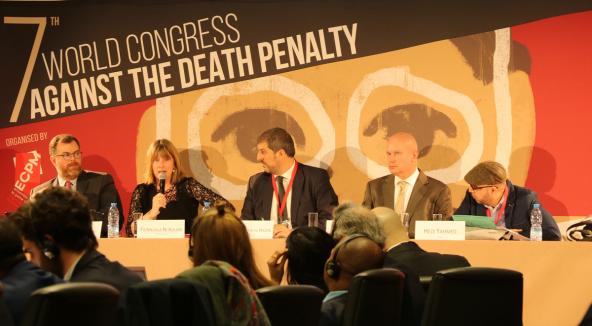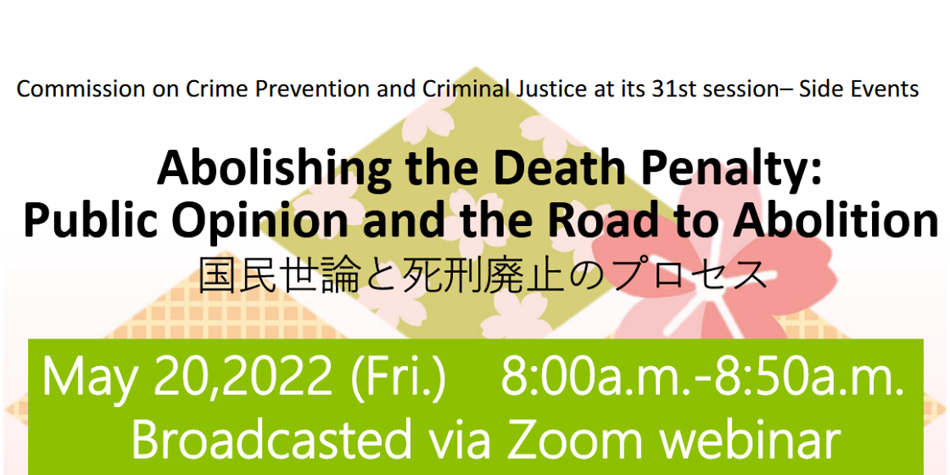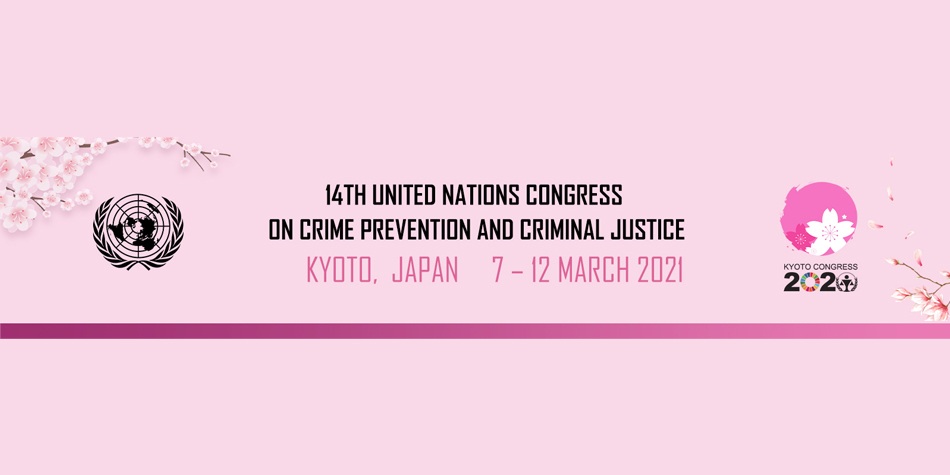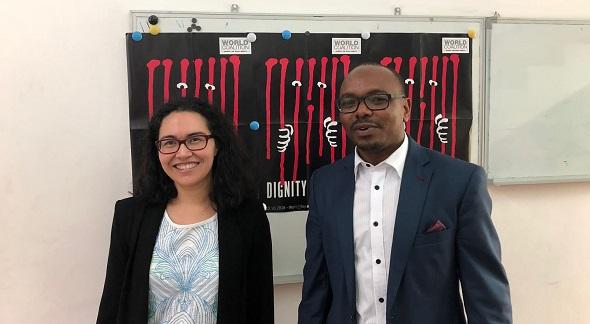
7th World Congress – 28th february
World Congress
A day of testimonies
Capital punishment inflicts pain to everybody. This is an essential point that is constantly recalled during this 7th Congress and in particular through the testimonies of relatives of persons sentenced to death.
A workshop on the subject was held during the day, raising the question of the needs of the first persons concerned by the death penalty: the convicteds of course, but also their families, whose difficulties, suffering and social stigmatization must be taken into account.
This evening Inside-Out will take place in Bozar, an evening of testimonies, a real highlight of the Congress. Punctuated by several artistic performances, it will allow us to evoke the links between those who were, or are still on death row, and the outside world.
High-flying academic events
The plenary was devoted to the challenges of Sub-Saharan Africa and several training sessions and round tables were held throughout the day, allowing lawyers, researchers, journalists etc. to present the state of their research and share their knowledge.
Strategies for abolition in Iran
Organized jointly by ECPM and Iran Human Rights, this side event provided an opportunity to examine the specificities of the Iranian situation and, based on the 11th annual report on the death penalty in Iran, to draw up several possible strategies to advance the abolitionist cause.
Two issues remain of particular concern in Iran, the issue of minorities (notably Iranian Kurdistan and Balochistan) on the one hand, but also that of juvenile offenders on the other. While human rights are regularly violated, the death penalty is used as a tool for political repression. "It is quite possible that a change may occur, but to do so, pressure must be maintained at an international level."
The strategies mentioned are the renewal of the legislative arsenal and a commitment, considered essential, by the European Union on these issues.
Round table: Foreigners sentenced to death in the fight against terrorism
Begun with a presentation by Fionnuala Ní Aoláin, UN Special Rapporteur on the promotion and protection of human rights and fundamental freedoms while countering terrorism, and through the example of Tunisian (presented by journalist Hédi Yahmed) and French people detained in Iraq, but also the military courts of Guantanamo (subject dealt with by James Connell, lawyer), this round table presented several aspects of this thorny issue, because, as Martin Pradel, lawyer at the Paris Bar, pointed out: "These cases are the sum of all fears and cowardice."
When public opinion seems to be more than largely unfavorable to convicted persons and military courts operate in complete opacity, in disregard of the most fundamental human rights, the duty of States to enforce the law and protect their fellow citizens should prevail. Unfortunately, this is not the case, and France is sadly making a name for itself in this area.
For more information on the Guantanamo courts, feel free to follow GITMO WATCH’s work on twitter: @GitmoWatch @BaluchiGitmo @CarolRosenberg
Culture always on the agenda
Culture is not to be forgotten during the congress. While several signing sessions were held at the bookstore stand of the Abolition Village, several films were screened today, including the documentary film "The Sinner" by Asim Rafiqui, presented by Justice Project Pakistan. A film with striking sobriety and intensity that tells the story of Jan Mashi, who was an executioner for many years in Pakistan.
The documentary strongly shows how barbaric the practice of hanging is and reminds us that the death penalty is a suffering that infects all those it affects, regardless of their side.
Categories
Public Opinion





